THE FOUNDING OF THE CHURCH
The Church of Humanism is an independent religious organization founded in 1973 in the Humanist spirit of Dr. Norbert F. Capek and other great minds such as Martin Buber, Erich Fromm, Julian Huxley, Bertrand Russell, Felix Adler, Abraham Maslow, Albert Schweitzer, and others. .
Since time immemorial a great number of philosophers, psychologists, theologians, artists, writers and scientists in many fields produced ideas of inestimable value. The synthesis of their creative discoveries could not only provide a good frame of reference in this critical time of history, but actually help save civilization from its increasingly evident trend towards self-destructiveness. There is a vital need to keep the legacy of these people alive. The Church of Humanism espouses a humanistic theology inspired by the possibility of such a synthesis. It considers religion to be a central mental force whose renewal in the form of a rational and ethical spirituality is essential for the well-being and future of humankind. .
Particularly in our culture, but also globally, there is clearly a great need to non-dogmatically project a vital reality-based ethical vision, to actualize its ideals, and to overcome the increasing state of human isolation and degradation. One means to achieve this goal is by offering programs where dialogue, creative relating, and spiritual values are cultivated and encouraged.
The Church of Humanism seeks to create an environment guided by the principles of an honest search for truth, the struggle for justice and peace, and the fullest development of the human potential, in both the individual and social spheres. Particular emphasis is put on the substantive perception of religion and the word God that is in harmony with rational, emotive, intuitive, and scientifically plausible concepts.
Essence of Generic Humanism
Among the various organizational and theoretical forms of humanism, the essential attitude toward life rests on three pillars:
1.) Rationality- which is the ability to think realistically. It is the opposite of illusionary, fictitious thinking.
2.) Love - which represents the major source of life and gives it meaning. It includes compassion and social feeling and is the opposite of the widely prevailing religion of narcissism, sadomasochism, and collective sacro-egoism. One prerequisite for developing a loving personality is a wholesome functional concept of human sexuality.
3.) Intuitive Awareness - which is the ability to perceive correctly and reach correct conclusions without having the necessary facts at hand. Since life consists to a large extent of the unknown, intuitive awareness (intuition) is a precious faculty in humanist decision-making and growth.
Important work done by the psychoanalyst Ruth Cohn has shown that those who apply the dialogical process can cultivate intuitive awareness. Prime elements for enabling intuitive awareness are: 1) clarity of perception, 2) accumulation of experience, 3) trained thinking and 4) unblocked and alert emotions.
Thus, membership in a humanist organization or self-identification as such does not make a person a humanist. Only to the degree that one develops the above qualities in oneself is he or she a humanist.
The uniqueness of the Church of Humanism lies in its theocentric religious naturalism. Since reality in its ideal form reflects the humanist meaning of God, it is a God-concept that can be accepted by rational and scientifically thinking people. The devotion to nothing less than the highest and best, to that which intrinsically enhances the quality of life and helps to advance the values and actuality of freedom, justice and peace, is the essential orientation of authentic humanism.

 Please note!
Please note!